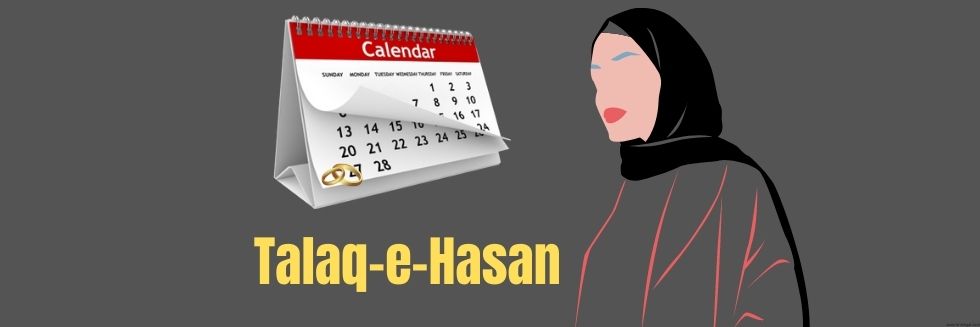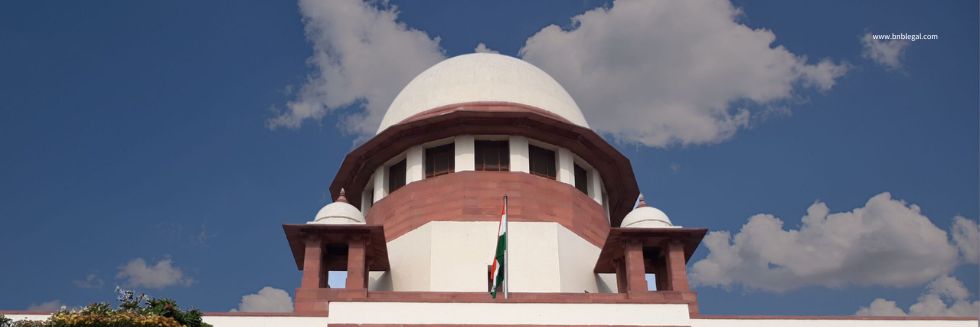Meaning: Natural Justice is the basic rule of fairness in proceedings. Whole Constitution is based on the principles of natural justice. It is not a codified law but depends upon the merits of the case. It implies that every person is entitled to fair case irrespective of religion, caste, gender. It is based on the principle that law should not only be fair but also seem to be fair. Violation of principles of natural justice is also violation of Article 14 and 21.
Principles of Natural Justice
- No one should be a judge in his own cause
- Rule of fair hearing (Hear the other side)
No one should be a judge in his own cause: It implies that the deciding authority must be fair and bias prevents a person from acting fair. It is human nature that if the personal interest of the judge is concerned, it is most likely that he would not be able to give fair judgement. Even if he doesn’t act with bias but if to a common man it appears that there is likelihood of bias then the principle of fair hearing is violated.
Types of bias:
Pecuniary bias: It is related to money. If there is likelihood of any gain to the authority giving judgement, there is pecuniary bias.
Personal Bias: If there is likelihood of personal gain to person, and it appears to a normal person that it could do him favour from his position then it is violation of natural justice principle. Here a Judge may be relative, friend or business associate of a party. He may have some personal grudge, enmity or grievance or professional rivalry against him. In view of these factors there, is very likelihood that the Judge may be biased towards one party or prejudiced towards the other.
Case: A.K. Kraipak v. Union of India, one Naquishbund was candidate for selection to the Indian Foreign Service and was also a member of the Selection Board. Naquishbund did not sit on the Selection Board when his name was considered. Naquishbund was recommended by the Board and he was selected by the Public Service Commission. The candidates who were not selected challenged the selection of Naquishbund on the ground that principles of natural justice were violated. The Supreme Court quashed the selection and observed : “It is against all canons of justice to make a man Judge in his own cause. It is true that he did not participate in deliberations of the Committee when his name was considered. But then the very fact that he was member of the Selection Board must have its own impact on decision of the Selection of the Board. The real question is not whether he was biased. It is difficult to prove the state of mind of a person. Therefore what we have to see is whether there is a reasonable ground for believing that he was likely to have been biased.”
Subject-matter bias.—Subject-matter bias may arise when the Judge has a general interest in the subject-matter. A mere general interest in the general object to be pursued would not disqualify a Judge from deciding the matter
In Gullapalli Nageshwar Rao v. A.P. S.R.T. the Secretary had the interest in the nationalization of the road and it didn’t invalidate the decision given by him on such matter.
TEST OF BIAS: In personal bias there is no need to prove the real bias, but only the likelihood of bias. In pecuniary bias, it is needed to prove that there is interest of the judging authority.
Hear the other party: It means that one should be given punishment without giving him chance of hearing his side. Everyone should be given the chance to present his side as it would be impartial to give judgement only after hearing one side.
Case: Menaka Gandhi v. Union of India, Menaka Gandhi was no given chance of hearing when she was going to abroad and her passport was taken away. It was violation of principle of natural justice.
Essentials of this principle:
Notice: A notice must be given to the party regarding the date of hearing, place, information about charges, time and it should be an adequate notice. Reasonable tome should be given to the party to prepare his case. If notice is not given the hearing would be void.
Hearing: There should be proper hearing.The party is given proper time to present his case.
Right to know the evidence: The respondent has full right to know what evidences has been collected against him so that he could rebut them and prepare his case accordingly. N o evidence should be taken at the back.
Right to cross examine the witness: Except if it is not possible to cross examine the witness, the respondent is given the opportunity to cross examine the witness.
Reasoned Decision: The judgement given must be amplified by the reasons behind such decisions which would ensure the trust of the people in the judiciary.
Exceptions to principles of natural justice:
- Statutory Exclusion: If it is especially mentioned in the provisions then this proinciple may not be followed.
- Emergency: When there is emergency, then chance of fair hearing may not be given but afterwards it must be followed when emergency is over.
- Not practical: Ehen it is not really practical to give chance of hearing like when the number of respondents are too many.
Case: in Bihar School Examination Board v. Subhash Chandra, the candidates at the Secondary School Examination of the Board at one Centre indulged in mass-copying. The Board cancelled the examination of all subjects at the Centre concerned and permitted the examinees to re-appear, the candidates filed that they were not given chance of hearing but it was held that it was not practical to do so.
Effect of Violation of Principles of Natural Justice:
Any decision is null and void if the principles of natural justice are not followed. The hearing would have no value and are to be done again by following the principles properly.




